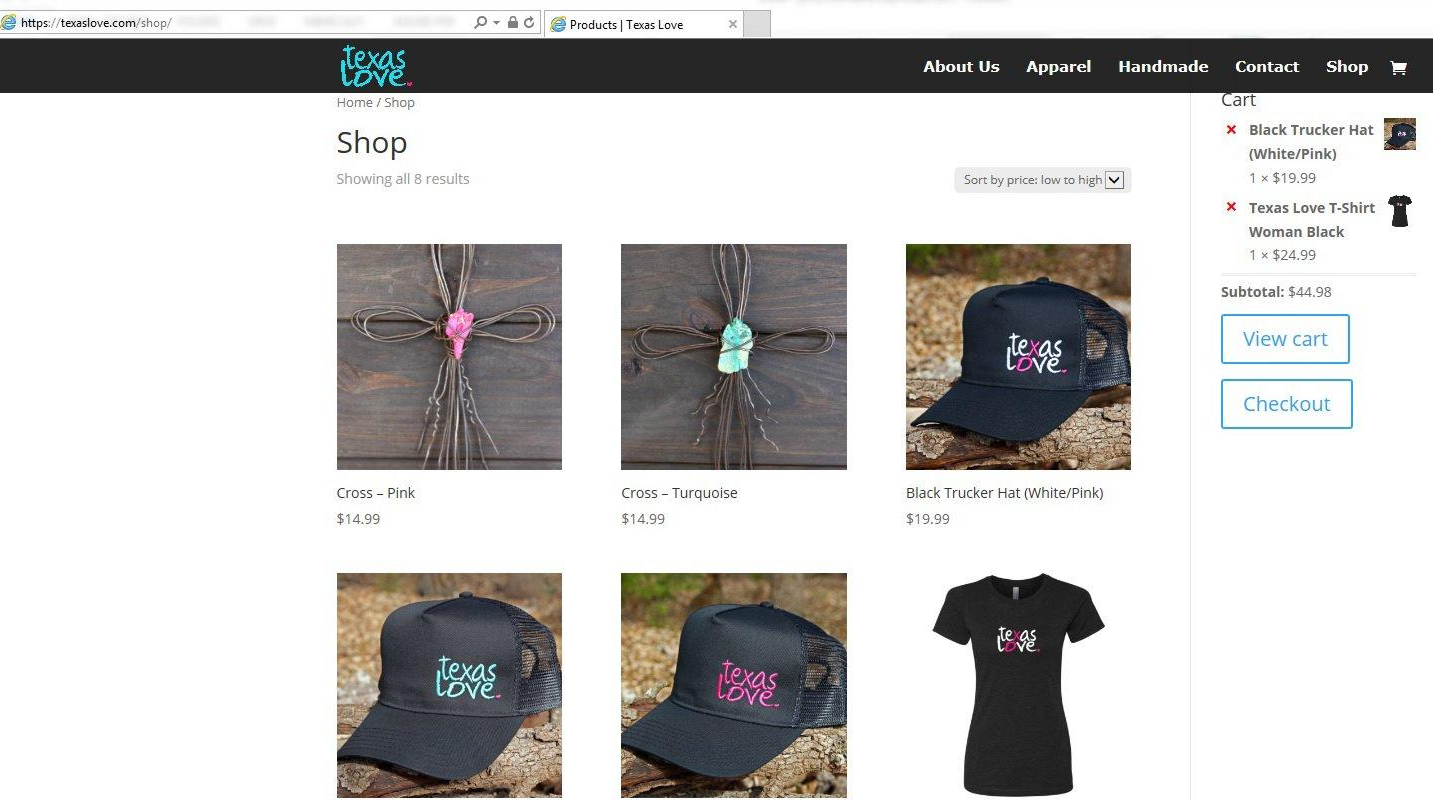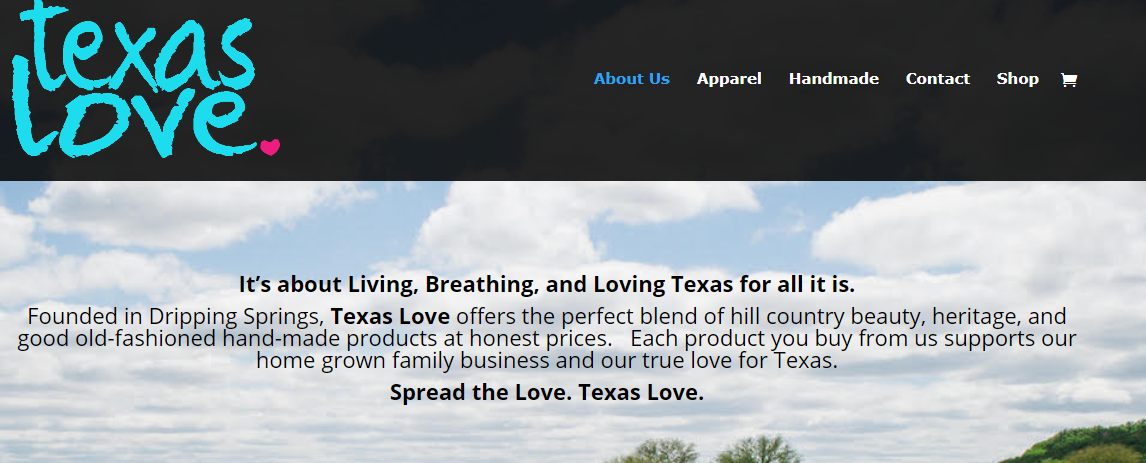A Nice Sentiment, A Bad Trademark
In a precedential opinion issued by the Trademark Trial & Appeal Board in In re Texas With Love, LLC (Serial No. 87793802) (Oct. 29, 2020), the applicant, Texas with Love, LLC, sought registration for the mark TEXAS LOVE for “hats; shirts” in International Class 25.
The applicant used its mark on hats and t-shirts and on its online retail store website. The applicant did not seek registration for online retail store services.

The application was refused by the U.S. Patent & Trademark Office on the ground that the phrase TEXAS LOVE failed to function as a trademark because the evidence made of record showed that the phrase “Texas Love,” conveyed a well-recognized and widely used concept or sentiment expressing affinity for the State of Texas.
In support of the refusal, the examining attorney submitted numerous third-party uses of “Texas Love” in various forms, including as product style names in connection with t-shirts, as part of clothing designs, and on signs and decals. The examining attorney contended that because the phrase was in widespread use not as a trademark, but as an expression of affection to show pride and love for the State of Texas that applicant’s mark TEXAS LOVE was incapable of functioning as a trademark for the applied-for hats and shirts.
A trademark, by definition, is a word, symbol, design, or other device that is used to identify and distinguish the source of a product or service. Whether a mark falls within that definition depends on public perception, i.e., whether purchasers of the applicant’s goods would perceive the term as identifying the source or origin of applicant’s goods.
On appeal, the Trademark Trial and Appeal Board analyzed applicant’s evidence of use and concluded that the specimen did show trademark use because applicant’s mark was displayed in close proximity to the hats and shirts being offered for sale on applicant’s website. However, that is not the only inquiry that is relevant. Although the applicant used TEXAS LOVE as a trademark and intended it to function as a trademark, the third-party evidence indicated that it would be unlikely that consumers would perceive TEXAS LOVE as a trademark for applicant’s goods because the phrase was in widespread use by others to express a common sentiment about Texas.
In nearly all of the third-party examples, the product listing articulated a clear and unequivocal expression of a concept or sentiment about sharing pride and love for the State of Texas. Applicant similarly indicated on its website that the product supports […] true love for Texas.

Because applicant’s specimen reflected use of its TEXAS LOVE mark in the same manner as the other third-party examples, i.e., not as a mark but as an expression of state love, it could be inferred that consumers would likewise view the applicant’s use as conveying support or affection for Texas, rather than as a mark to denote the source of hats and shirts.
The applicant pointed to examples of similar marks that were registered to support its argument that it was making trademark use of the mark TEXAS LOVE, e.g., FLORIDA LOVE registered for stickers and hats, t-shirts, and tank tops and CALIFORNIA LOVE registered for beer. In rejecting the argument, the Board repeated the well-established principle that each application is decided on its own facts in record, including how the marks are used, whether third parties use the same or similar marks, how extensive marks are used by third-parties, and what the meanings or impressions of the marks are.
The Bottom Line
Widely-used messages and expressions of common sentiments may not be protectable as trademarks if consumers are unlikely to appreciate their ability to identify and distinguish a particular source of goods or services, even if a trademark applicant or owner has used or attempted to use the message or expression as a trademark.
Brand owners of marks that are common expressions or sentiments should take care in using marks as slogans on clothing to ensure that consumers continue to perceive the mark as denoting the source of a product or service. Evidence of third party use as well as the size, location, dominance, and significance of the wording as its used in connection with the goods/services are important in the determination of whether a slogan on apparel also functions as a trademark.
Contacts
- Related Practices
